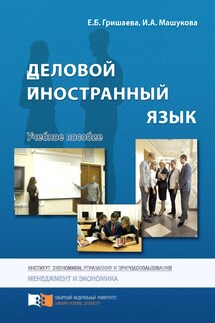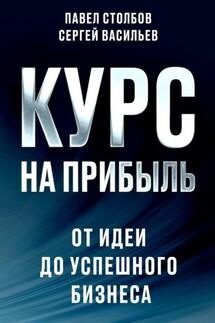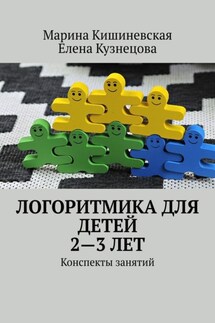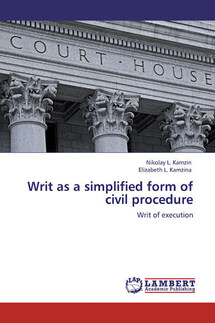Деловой иностранный язык - страница 10
Action being taken
every member of my team has been made aware of the seriousness of the situation and I am glad to say that from the projections in front of me it looks as if our total sales are once again beginning to rise, please let me know if you require any further details.
Richard Grieves
Task 12. Reading 5
Getting started
▪ What do you know about the concept of “decision-making”? Discuss it in small groups.
▪ Think about situations when you are to make a decision and choose between alternatives: what influences your choice.
▪ Now read the text and check your ideas. Consult Vocabulary p. 140– 141.
When we talk about making decisions in business we tend to think of the major decisions which are made from time to time, such as the decision to go ahead with the Eurotunnel Project, or the decision to appoint a new chairman for the National Coal Board. The fact is that a multitude of decisions are being made in business every day. Certainly there are major decisions in process as the boards of directors and chief executives in large public companies decide to enter new markets, spend millions on new plant and machinery or advertising campaigns, and buy new buildings or make take-over bids against their most threatening competitors. Yet, for every one of these monumental decisions there area hundred thousand decisions made by more ordinary mortals.
In fact, man is a decision-making animal. He is continuously making decisions every moment of his life. Many of us wake in the morning to the sound of an alarm clock. Here is our first decision of the day. Should we turn off the alarm and go back to sleep? Or should we turn off the alarm and get up? There is even a possible compromise. We can turn off the alarm and stay half awake for another few minutes.
We come down to breakfast and face another decision. Do we have toast or cereals? One or two slices? And what about something to drink? Fruit juice or tea? Coffee? Black or white?
Breakfast over we move on to the next bout of decision- making. What shall we wear today? The black shoes or the brown? Shall we take a raincoat or an umbrella? Shall we go by bus or tube? The decisions we are obliged to make are endless, and interestingly, all the decisions we make, to the extent that we are logical in our approach, are dealt with in precisely the same way.
We are confronted with a problem. We then look for the alternative solutions to the problem, weigh up the advantages and disadvantages of each and select the one which gives us most pleasure and least pain. In business terms we are looking for the options which allow us either to achieve our objectives at the lowest possible cost, or allow us to emerge with the greatest profit.
Take the case of the Eurotunnel. As Britain is now a member of the European Community, her trade with Europe is growing. Unlike the other members of the Community we are an island, separated by an inconvenient expanse of water. Do we build a bridge? Or a tunnel? What would be the advantages of a bridge? And the disadvantages? What sorts of tunnels are available? What would be the benefits of a road tunnel as compared to a train tunnel? How much would each of the alternatives cost? And how much would they cost to maintain? How much traffic could they take? How much revenue could they be expected to earn? And who would provide the funds? These were the questions which needed to be answered by the French and British governments and their respective entrepreneurs before any decisions could be made.






